In an application, many actions need to be logged in the database. but this logging process should not slow down the request. So they should be done in an asynchronous queue or something.
This is my big picture:

And this is my example implementation:
Model:
public class ActivityLog
{
[DatabaseGenerated(DatabaseGeneratedOption.Identity)]
public string Id { get; set; }
public IPAddress IPAddress { get; set; }
public string Action { get; set; }
public string? Metadata { get; set; }
public string? UserId { get; set; }
public DateTime CreationTime { get; set; }
}
Queue:
public class LogQueue
{
private const int QueueCapacity = 1_000_000; // is one million enough?
private readonly BlockingCollection<ActivityLog> logs = new(QueueCapacity);
public bool IsCompleted => logs.IsCompleted;
public void Add(ActivityLog log) => logs.Add(log);
public IEnumerable<ActivityLog> GetConsumingEnumerable() => logs.GetConsumingEnumerable();
public void Complete() => logs.CompleteAdding();
}
Worker (the problem is here):
public class DbLogWorker : IHostedService
{
private readonly LogQueue queue;
private readonly IServiceScopeFactory scf;
private Task jobTask;
public DbLogWorker(LogQueue queue, IServiceScopeFactory scf)
{
this.queue = queue;
this.scf = scf;
jobTask = new Task(Job, TaskCreationOptions.LongRunning);
}
private void Job()
{
using var scope = scf.CreateScope();
var dbContext = scope.ServiceProvider.GetRequiredService<ApplicationDbContext>();
// The following code does not work
// My intension was to reduce DB trips
//while(!queue.IsCompleted)
//{
// var items = queue.GetConsumingEnumerable();
// dbContext.AddRange(items);
// dbContext.SaveChanges();
//}
// But this works
// If I have 10 items available, I'll have 10 DB trips (not good), right?
foreach (var item in queue.GetConsumingEnumerable())
{
dbContext.Add(item);
dbContext.SaveChanges();
}
}
public Task StartAsync(CancellationToken cancellationToken)
{
jobTask.Start();
return Task.CompletedTask;
}
public Task StopAsync(CancellationToken cancellationToken)
{
queue.Complete();
jobTask.Wait(); // or 'await jobTask' ?
return Task.CompletedTask; // unnecessary if I use 'await jobTask'
}
}
Dependency Injection:
builder.Services.AddSingleton<LogQueue>();
builder.Services.AddHostedService<DbLogWorker>();
Controller:
[HttpGet("/")]
public IActionResult Get(string? name = "N/A")
{
var log = new ActivityLog()
{
CreationTime = DateTime.UtcNow,
Action = "Home page visit",
IPAddress = HttpContext.Connection.RemoteIpAddress ?? IPAddress.Any,
Metadata = $"{{ name: {name} }}",
UserId = User.FindFirstValue(ClaimTypes.NameIdentifier)
};
queue.Add(log);
return Ok("Welcome!");
}
As I explained in the comments, I want to get as many as items that are available and save them with one DB trip. My solution was the following code, but it doesn't work:
while (!queue.IsCompleted)
{
var items = queue.GetConsumingEnumerable();
dbContext.AddRange(items);
dbContext.SaveChanges();
}
So instead, I'm using this which does a DB trip per each row:
foreach (var item in queue.GetConsumingEnumerable())
{
dbContext.Add(item);
dbContext.SaveChanges();
}
I also have two side questions: How can I increase workers? How can I increase workers dynamically based on queue count?
I created an example project for this question:
